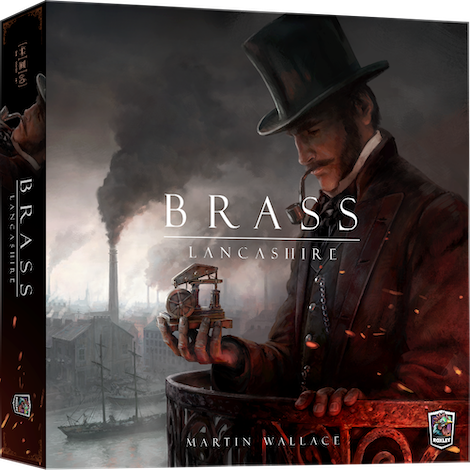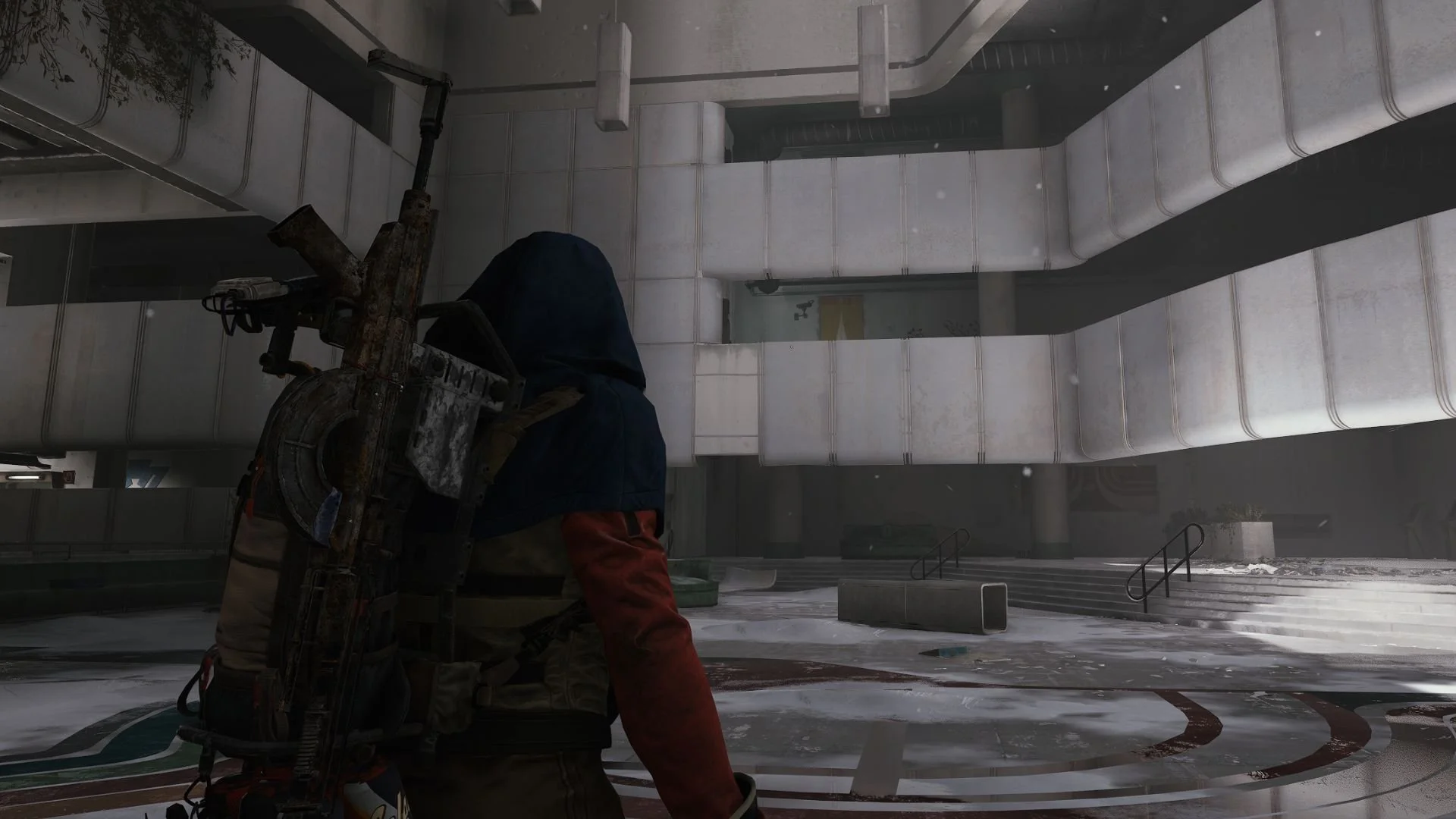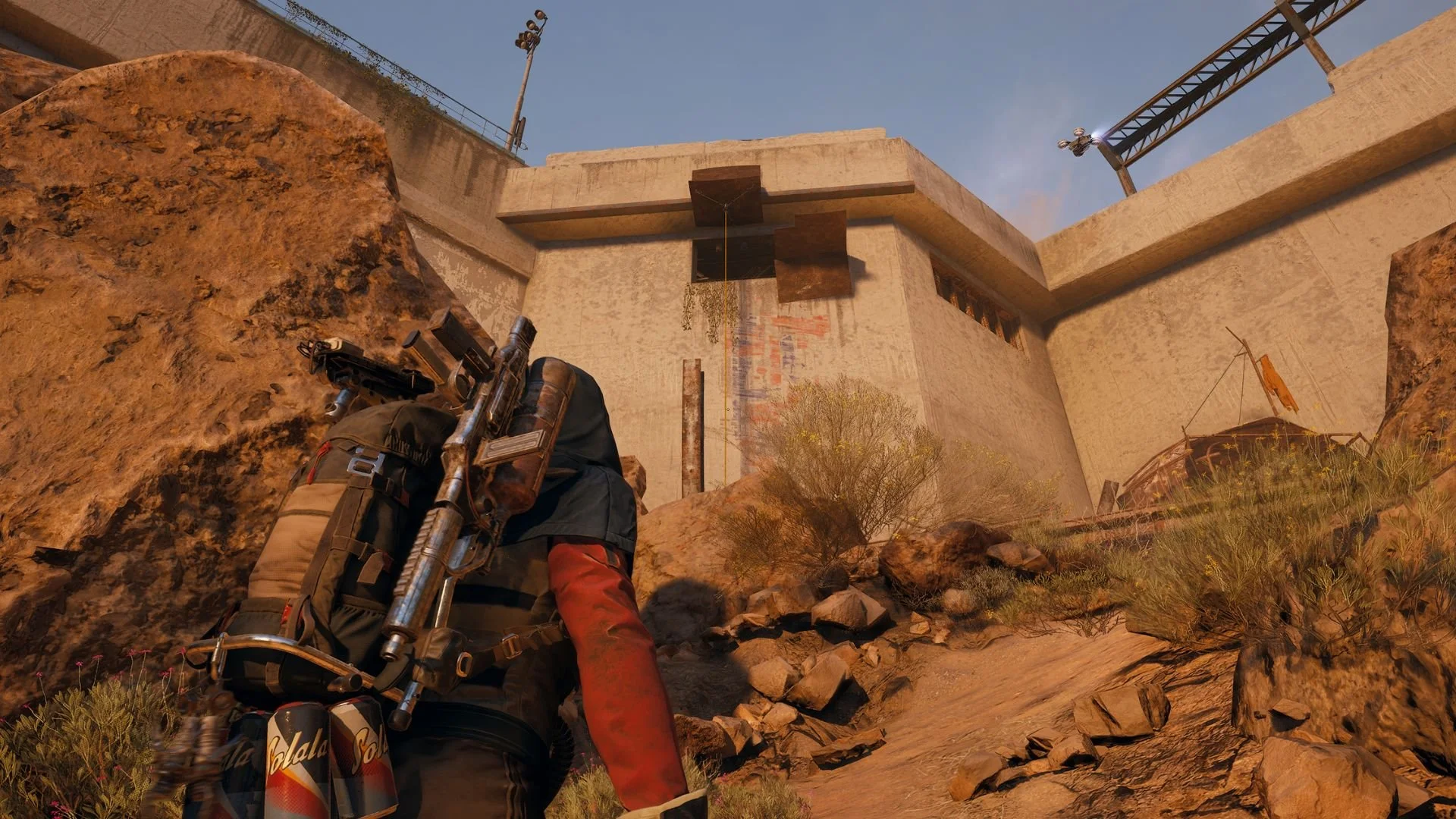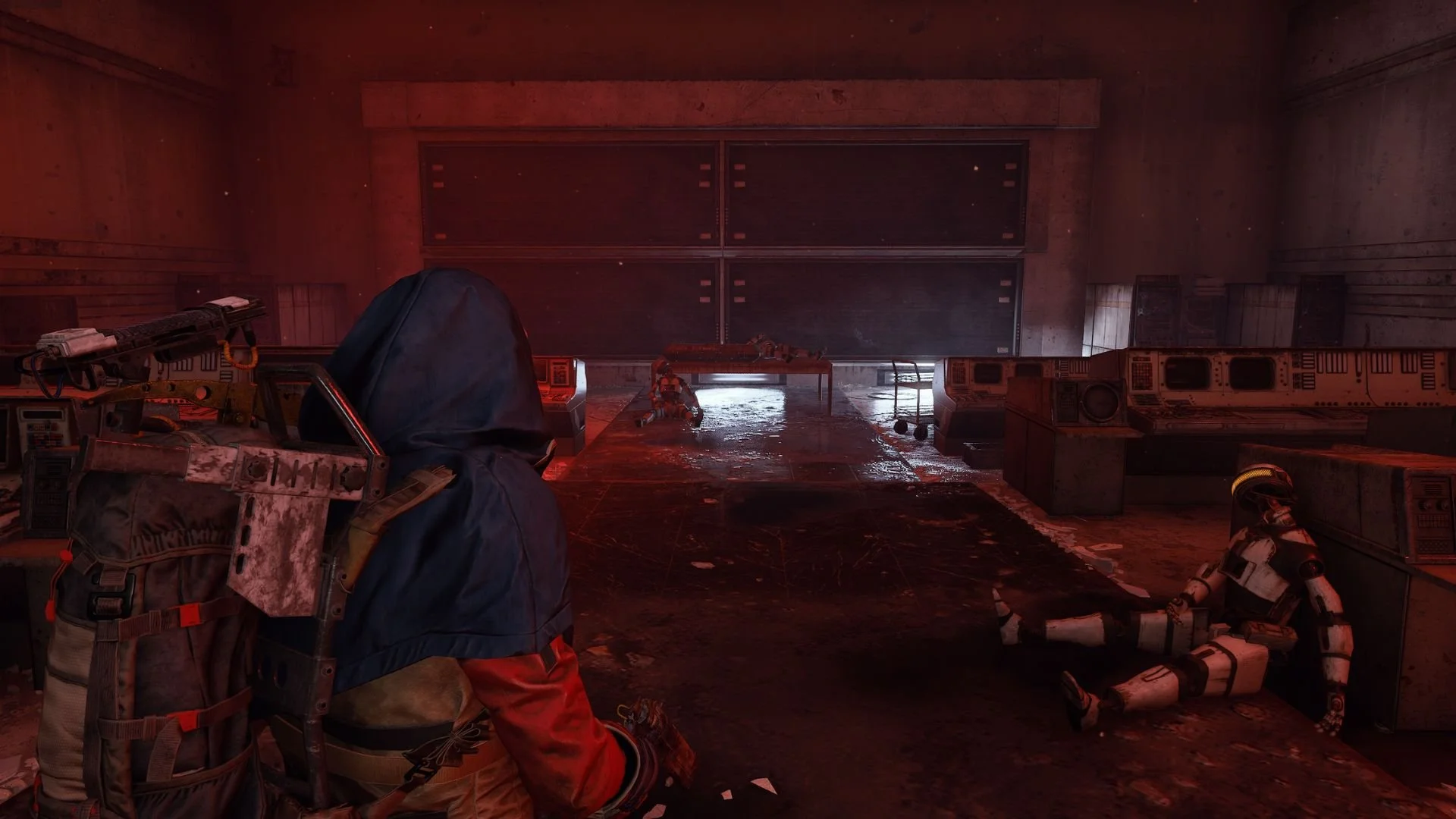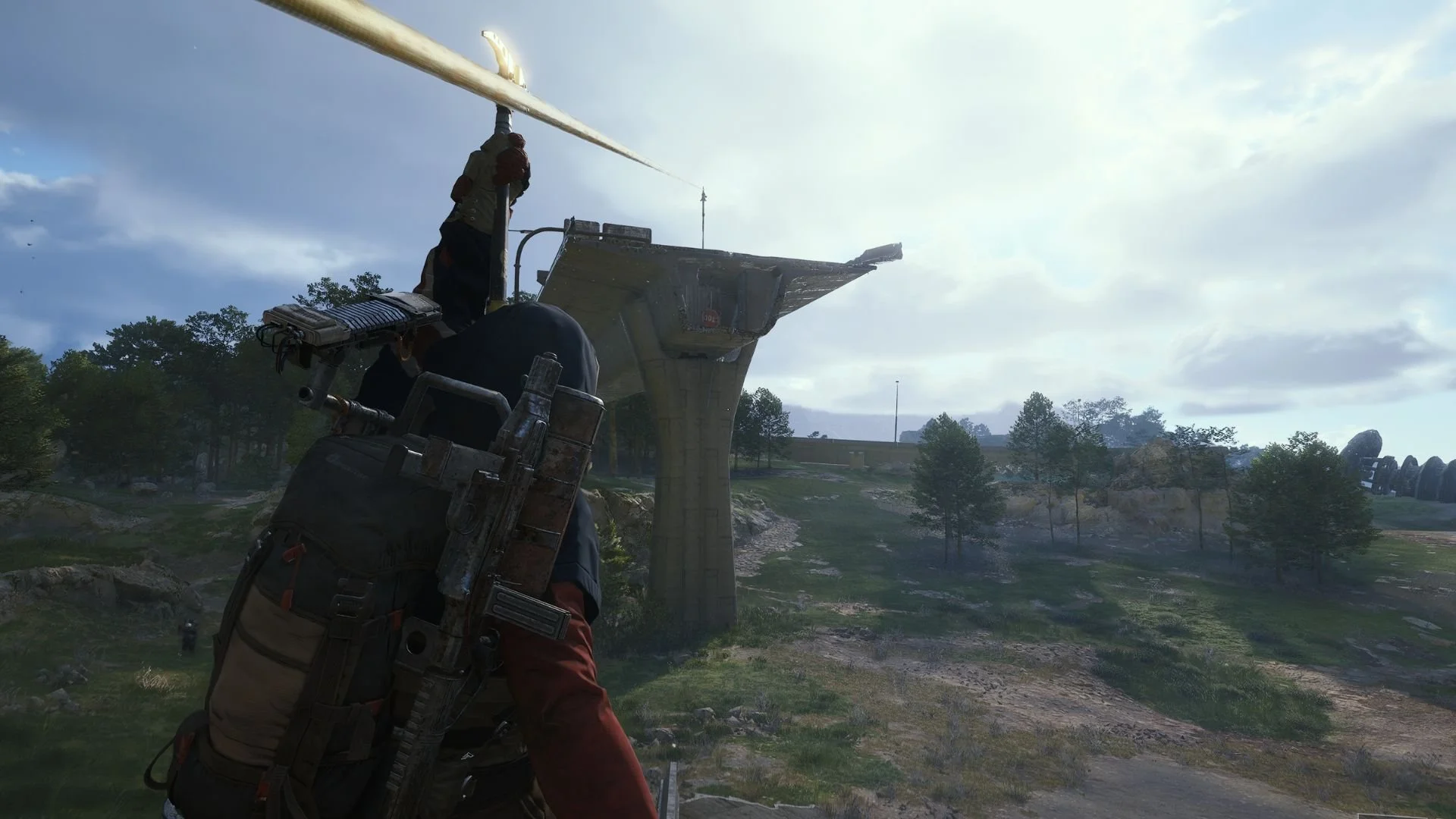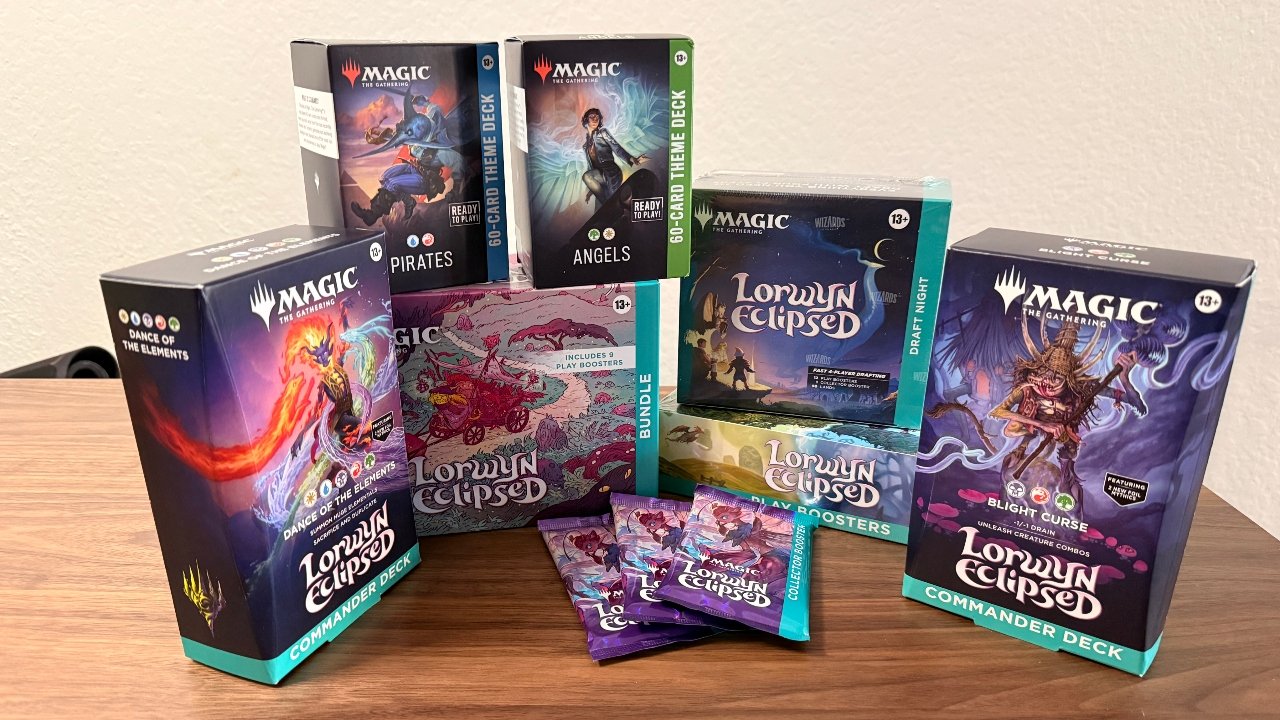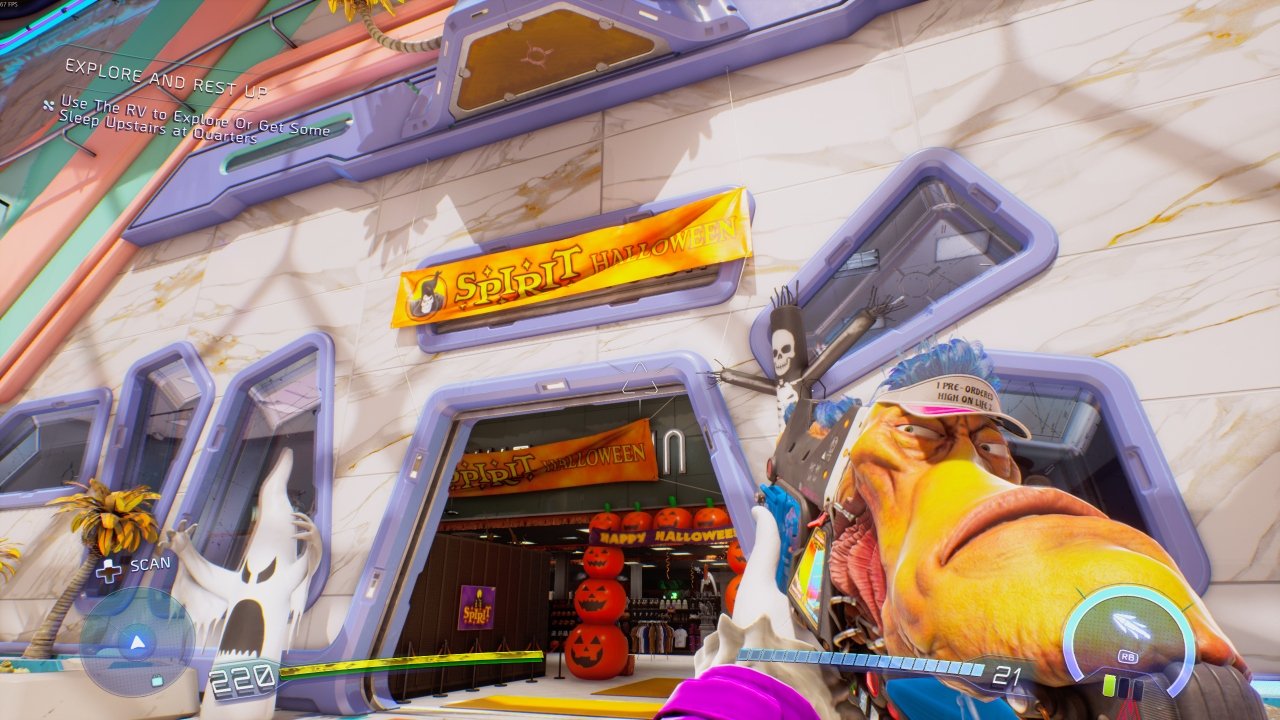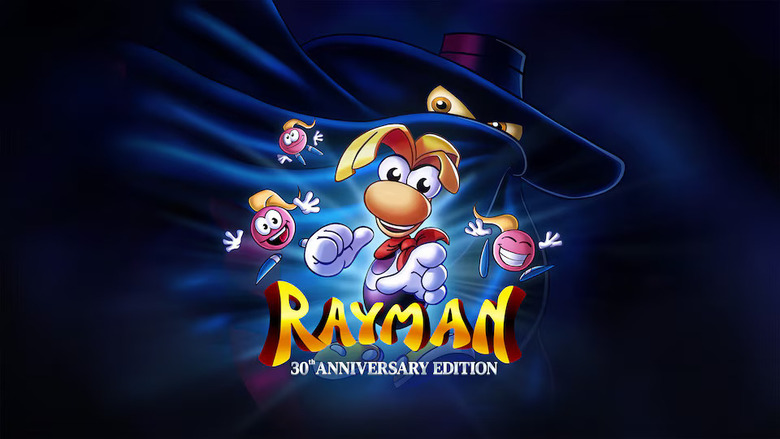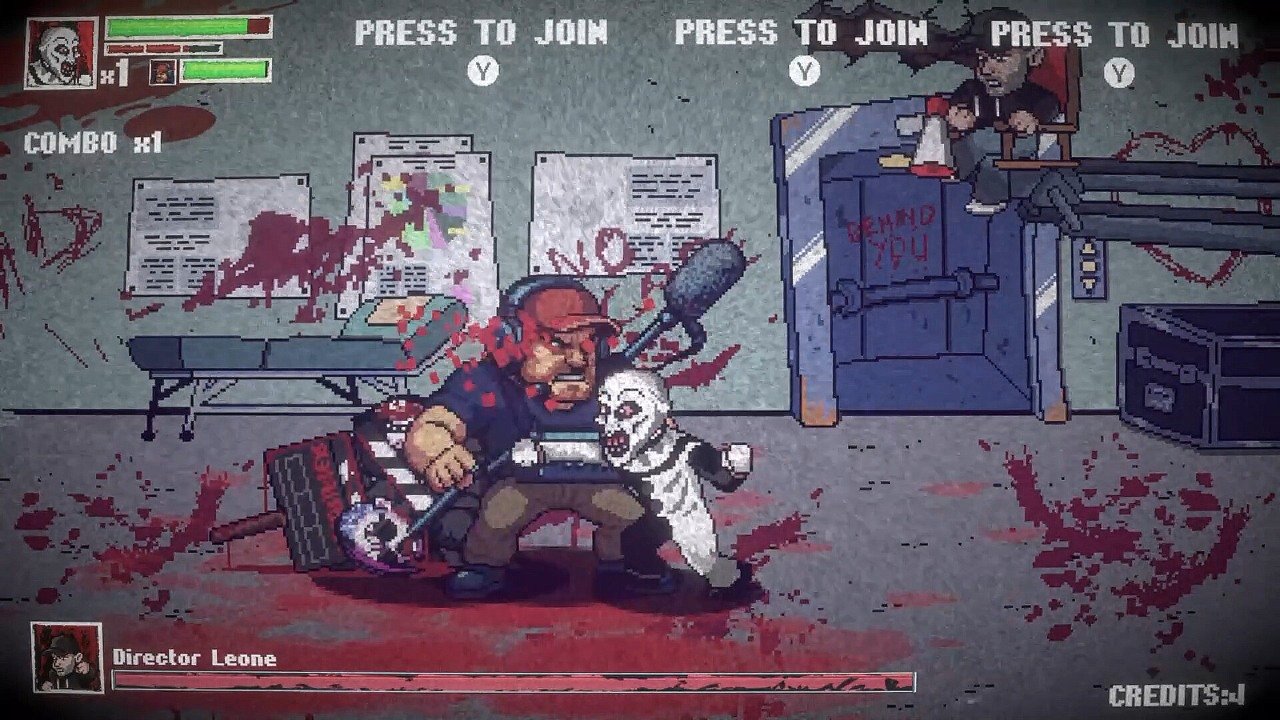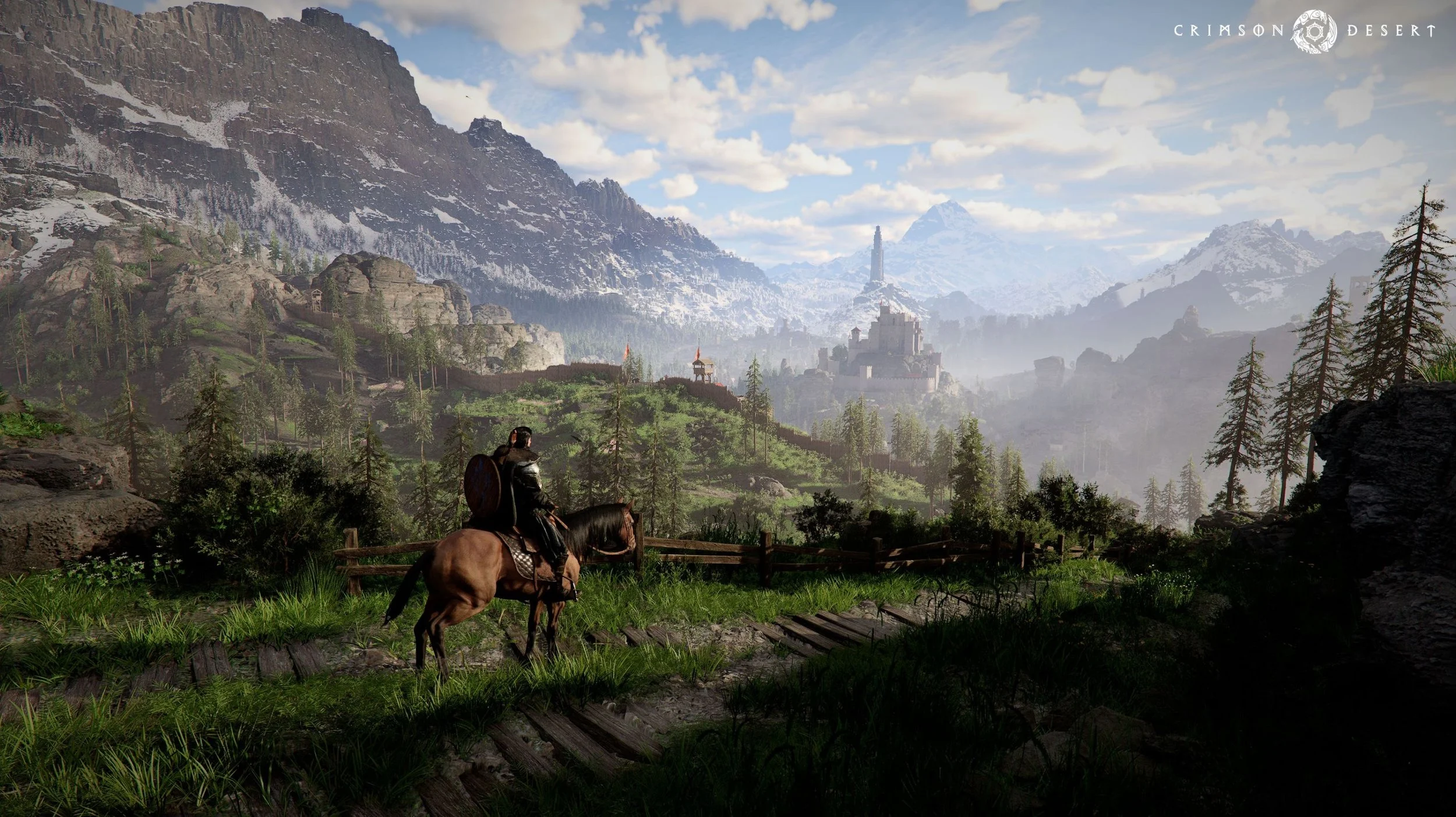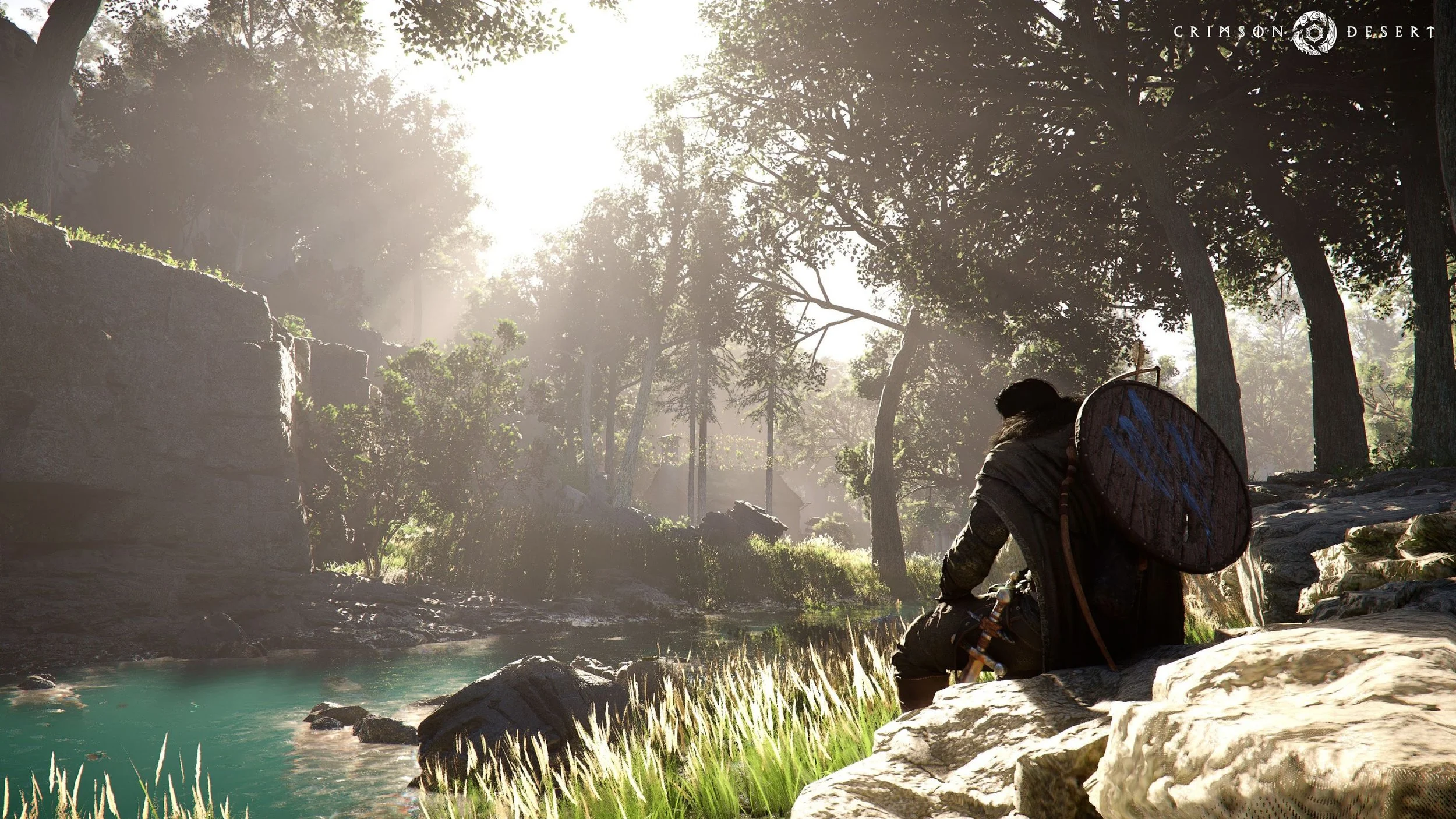Review copy provided by Roxley Games
Brass: Lancashire, first published in 2008 as Brass, is a beloved economic game that is one of the most highly-rated boardgames out there. With a somewhat abstract style and complex set of rules, it wasn’t always the most accessible to tabletop gamers, but in 2018, a Kickstarter campaign from Roxley games brought Martin Wallace’s masterpiece back to life with stunning colors and some tweaked gameplay.
One of the best-regarded boardgames out there got a new skin, some new fancy parts, and a new lease on life, with beautiful illustrations by Damien Mammoliti and Mr. Cuddington, as well as fresh graphic design that updates the look to match the high-quality components that were added on.
It’s the same level of production that I’ve come to expect from Roxley Games, and it’s been applied to a truly special board game.
At the same time, though, a sequel was introduced. Brass: Birmingham brought beer—and a lot more—to the conversation. It capitalized on a dynamic board setup and other new gameplay mechanics to imbue the original with even more potential. Brass: Lancashire was redesigned to be better than ever. But Brass: Birmingham was designed to be… even better?
And at this point, you might be wondering why I’m reviewing Birmingham before Lancashire. Why take a look at the new kid on the block when you haven’t discussed the classic yet?
Well, my introduction to the Brass series was through Birmingham. Hearing about the updated or modified game piqued my interest, right as I was starting to discover more Euro-style board games and strategy experiences that contrasted my history of playing day-long Fantasy Flight space epics.
That doesn’t capture the full reasoning, though, behind the decision to review Birmingham first. It comes down to how the sequel doesn’t feel like the younger sibling. It feels mature, like a game with more life experience. Brass: Lancashire is great. But Brass: Birmingham hits that sweet spot for me.
Let’s see why.
STORY
This is a story set during the Industrial Revolution in England. Competing industry titans are clamoring for control in the West Midlands. These men and women are endeavoring to become enmeshed in the economical network of cities, canals, and rails. One hundred years of production, distribution, and selling occur between 1770 and 1870. It will be up to the clever workings of one of these entrepreneurs to capitalize on the market and rise to prominence.
Six men and two women—all white, unfortunately, though that’s no fault of the game—comprise the roster of potential entrepreneurs. These industrious gents and ladies were involved in the various parts of the economy during those black-lunged and coin-laden times.
Players will pick one and determine the fate of their financial legacy.
GAMEPLAY
Again, this is a sequel, but it doesn’t suffer from the usual woes that plague follow-ups, revisits, and retreads. It’s not riding on the strength of the Brass name alone. It’s got the goods (the manufactured goods) to prove it.
It’s a competitive game, heavy on the rules but light on the eyes. Players will have to juggle hand management, network-building, and a good dose of strategical moves within the map’s infrastructure to make the most out of their industrial empires, and those of the other players.
Designed for two to four players, it takes between one and two hours to finish, but you very well may want to start right over with a new game once you complete the game.
Played over two phases—the Canal and Rail Eras—Brass: Birmingham demands that players aim to accrue substantial income values and high victory point totals in order to win the game. Over the course of 8-10 rounds, depending on player count, an Era will pass by as players alternate taking actions to build, network, develop, sell, request loans, and scout—all in a tightly-organized map that requires a lithe dance of enlarging personal networks while utilizing the benefits of the opponents’.
Each of those actions ties neatly into the others so that every turn is a delightful internal debate of which moves provide the greatest return on investment, either immediately or later in the era. All while considering how other players will impact the state of the map and possibly interfere or augment the efficacy of a particular action. Or string of actions.
But the depth of the game really opens up a player’s choices throughout both eras. While there are definite benefits to playing certain industry tiles in the Canal Era—to avoid wasting actions in the Rail Era—the sheer volume of possibilities means that every game is going to be different. The ideal markets for selling goods will be in different towns. A player may try to expand in all of the industries equally or to specialize in a key few that will be advantageous in a particular setup. You might develop the infrastructure of coal and iron so readily in one game that you never need to use the market prices when consuming a resource. But you could just as readily be “the pottery person” for that game and scavenge all manner of beer, coal, and iron from other players, merchant tiles, and the markets.
It’s up to you.
Flipping through the rulebook can be a bit daunting, as you’ll have to compare and contrast rules and specific reminders about networks, era-specific industry tiles, the dos-and-don’ts of consuming resources. And the visual splendor, which after you’re familiar with the mechanics really just opens up for expressive admiration, can appear cluttered and confusing at first.
But, ultimately, Brass: Birmingham is pretty accessible for a Euro-style game. It’s got tight mechanics, gorgeous art, and a fresh take on what made the original Brass so coveted to any gamer worth their salt… or beer in this instance.
I’d say it felt easier for my brain to wrap around the ideas than Pipeline, another visually-resplendent economic game that I reviewed three months ago.
Martin Wallace had something really special when he released his tabletop baby twelve years ago. But Matt Tolman and Gavan Brown have brought some nuance and wonderfully-productive collaboration to the game, which rewards players with a new and improved jewel on the shelf.
Brass: Lancashire is the innovative and awe-inspiring suit that Tony Stark built in a cave.
Brass: Birmingham is the Mark 85 nano-structure suit that Stark develops later, after fine-tuning his ideas. It’s simply a more elegant design that builds off everything that made the first iteration remarkable.
VISUALS
This is definitely one of my favorite parts of the Lancashire redesign and the Birmingham release. Roxley Games has done a fantastic job of producing a high-quality game that would make any game collector tickled pink.
I reviewed the deluxe version of Brass: Birmingham, of which the most notable upgrade is the weighted poker chips that replace the chitboard currency from the base game. But I’ve seen the contents of the regular version of the game, and it’s just as beautiful to behold.
Damien Mammoliti and Mr. Cuddington have really set a high bar for aesthetic luxury.
There are two sides to the map, depicting day and night in the West Midlands. The different sides do not affect the gameplay. It’s just to accommodate player preference in determining the mood of the game. Do you want the hazy blue skies of the afternoon or the mixture of coal, flame, and night sky that leave a grim smear across the horizon?
It’s your choice, once again.
The custom insert that accompanies the deluxe edition is also a nice touch. Makes for a very fetching box on the shelf, and hopefully on the table, given its excellent production value.
REPLAYABILITY
The board setup really gives Birmingham a lot of flexibility. Merchant tiles will influence the location of players’ networks as they seek to sell goods in certain areas of the map. Player count will affect the distribution of cards and the accessibility of cities within the West Midlands. The vast amount of industry tiles guarantees that players won’t be able to pursue the same goals or pursue all of the industries in one game—at least not effectively. Also, the gameplay mechanic that limits the building action to one tile on each city helps to mitigate geographical monopolies and to enable growth and opportunity in every game.
It’s a combination of core rules that support variable play along with setup features to alter each new game from the last.
I like what Brass: Birmingham has got going on.
WHAT IT COULD HAVE DONE BETTER
This, in a sense, is a revised edition of the original game. It’s the answer to “What It Could Have Done Better” for Brass: Lancashire, or the original 2008 Brass.
Yes, the rules can be obtuse at times.
And the gameplay is intimidating if you’re just joining us from Catan or other “gateway” games.
But it’s a surprisingly accessible game that has removed a lot of the inhibiting factors from its predecessor.
VERDICT
If I can expand beyond the Iron Man analogy, everything that made Brass: Lancashire a tabletop gamer’s delight was brewed, distilled, aged—add in any other process of refinement that you please—into Brass: Birmingham, an absolute treasure with economic sparring, industrial expansion, and riveting gameplay that will make you want to keep it on the table rather than put it back in the box.












